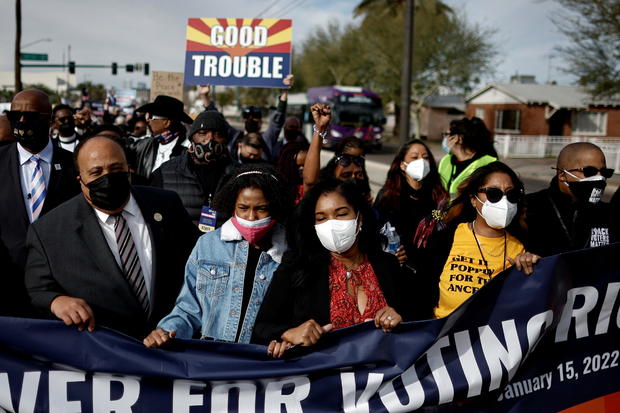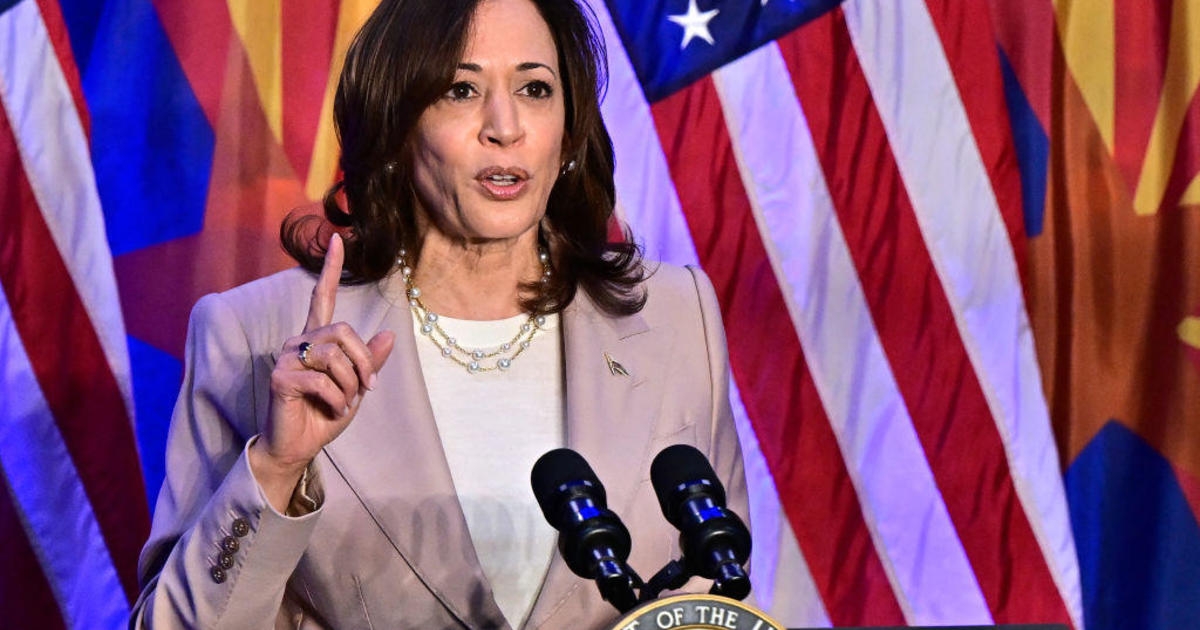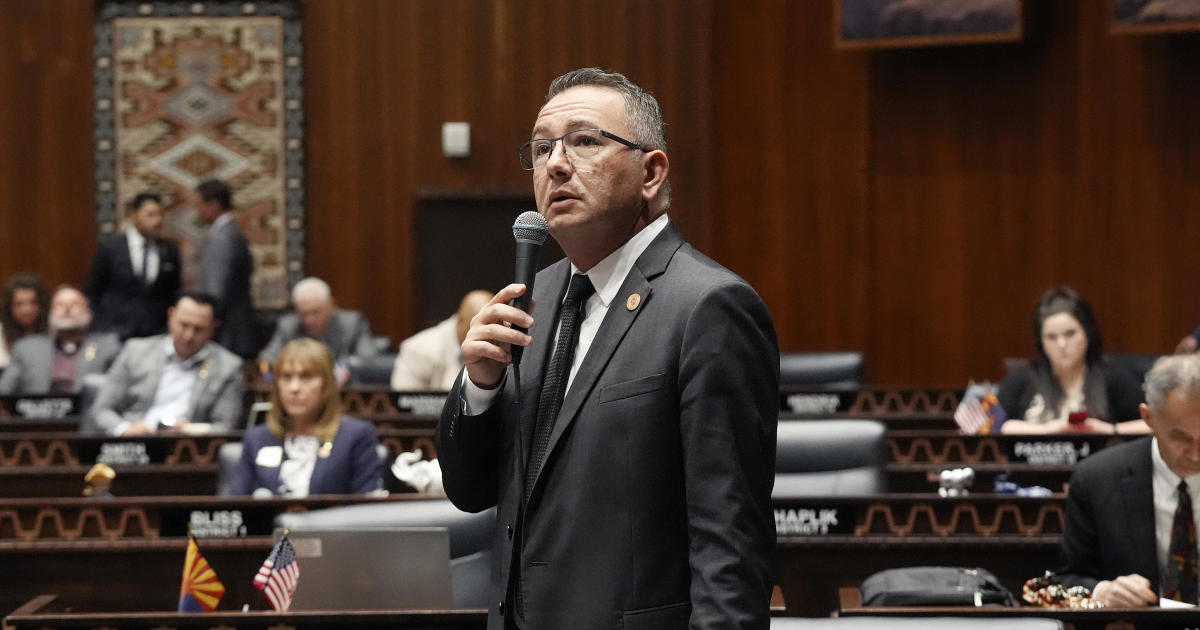King family says holiday is no cause for celebration
Washington — Long known as a holiday dedicated to service as "a day on, not a day off," this Martin Luther King Jr. Day is taking on renewed significance as voting rights legislation faces seemingly insurmountable hurdles in Congress.
"Be engaged. Right now, it is about protecting, preserving and expanding voting rights," Martin Luther King III told CBS News.
"We're calling for no celebration without legislation," his wife, Arndrea Waters King, added. "We can't celebrate Martin Luther King Jr. without having the legislation, the cornerstone of his legacy, the cornerstone of our democracy, solidified."
The couple and their 13-year-old daughter, Yolanda Renee King, were capping a weekend of mobilizations that included a march in Phoenix Saturday with a peace walk in Washington D.C. Monday. The King family is being joined by a coalition of more than 180 groups and congressional leaders including Speaker Nancy Pelosi and Congressional Black Caucus Chair Representative Joyce Beatty.
"We've seen what happens when the White House puts its full weight behind an issue," Waters King said, referring to passage of the bipartisan infrastructure bill last year. "What we also are saying to the president and Congress is that you delivered for bridges, now deliver for voting — whatever it takes to get that done."
The pressure campaign comes as the Senate canceled its recess to debate federal voting rights legislation Tuesday. Last week, the House passed an omnibus bill that coupled the Freedom to Vote Act and the John Lewis Voting Rights Advancement Act. The joint package would implement national voting standards and restore key provisions of the 1965 Voting Rights Act.
"If the right to vote is the cornerstone of our democracy, then how can we in good conscience allow for a situation in which the Republican Party can debate and pass voter suppression laws at the state level with only a simple majority vote, but not allow the United States Senate to do the same," Senate Majority Leader Chuck Schumer remarked.
At least 19 states have passed 34 laws curtailing voter access, according to the Brennan Center for Justice. Restrictions range from limiting the availability of drop boxes to imposing stricter voter ID requirements and banning the distribution of snacks and water to voters waiting in line.
"It is scary, very scary that I have less voting rights than I did when I was born," said Yolanda King, who can't vote yet but worries about the impact on young people.
Senate Republicans have labeled Democratic reforms as a federal takeover of the elections system. If they oppose the latest efforts, Schumer has threatened to change Senate rules. Arizona Senator Kyrsten Sinema poured cold water on that idea when she delivered a speech Thursday opposing changes to the filibuster.
"While I continue to support these bills, I will not support separate actions that worsen the underlying disease of division infecting our country," Sinema said on the Senate floor.
Martin Luther King III criticized Sinema's position on the 60-vote threshold and said history will remember her "unkindly".
"It is a Jim Crow relic," his wife said of the filibuster's history. "It was used to block anti-slavery legislation. It was used to block anti-lynching legislation. It was used to block civil rights legislation. It was used last year just to a block voting rights debate. So how can the filibuster be seen as a procedure that is a light for freedom, peace and justice?"
President Biden declared his support for filibuster reform during a visit to Atlanta last week. He met with Senator Sinema and West Virginia Senator Joe Manchin at the White House but acknowledged he's "not sure" if voting rights legislation will get done.
The Kings told CBS News they had a "productive conversation" with the president when he was in Atlanta. They declined to say if the White House should pursue executive action if the measures fail but believe there are "many options" that could be considered.
Dr. King would have turned 93 this year. His eldest son said if he were still alive, he would be "disappointed" by the current impasse.
"Dad and his team created the climate for voting rights to have to be addressed and so we're going to do whatever it takes," King said.





